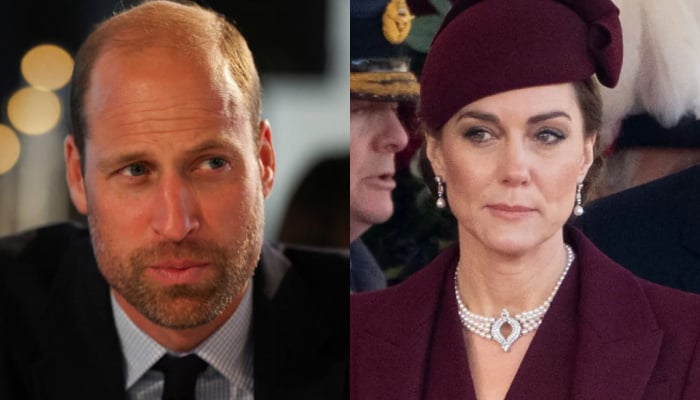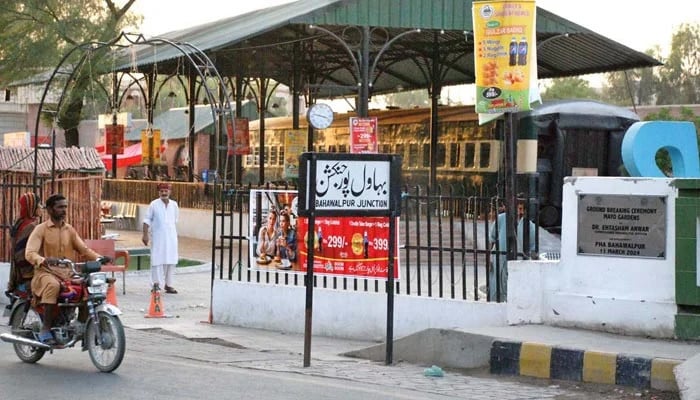Travel
Black Water
字号+ Author:Smart News Source:US 2025-01-13 07:26:46 I want to comment(0)
THE Trump victory in the recent US election has brought the subject of immigration under even greater focus. Along with forced displacements caused by wars, disasters and calamities, economic migrants in search of better livelihoods are defining politics worldwide. The UK tried sending immigrants to Rwanda under an agreement with the latter, but the scheme came to naught. Among other reasons, while Paul Kagame keeps getting elected to lead Rwanda and ensures consistency in policies, the British are becoming used to having more prime ministers in five years than most countries have in a decade or more. The scheme has thankfully failed, and with Labour having taken the reins at 10 Downing Street, it is not likely to be revived anytime soon. The good thing is that Rwanda gets to keep the money Britain paid them to get them to agree to this machination. People like me could not understand the idea initially because we missed a significant point: we kept looking at it from a human rights lens, whereas the proponents of shipping would-be immigrants to the far-off corner of Africa looked at it from a legal perspective. Entering a country illegally or overstaying a legal permit is a crime. What complicates the issue is that these lawbreakers do not usually try to evade the law. On the contrary, they announce their real motive for breaching the law as soon as they land on British soil and petition for asylum. In other words, those in favour of sending the aspiring immigrants to Rwanda see it just like another penal colony of yore, and the deportees as ‘criminals’. Prof Thomas Sowell noted, “Immigration laws are the only laws discussed in terms of how to help people who break them.” Of course, the evolution of international law and how countries conduct their business in modern times would not allow them to dump shiploads of people on some island and wash their hands off them as was done in the past. Australia and the Andaman Islands, more commonly known as ‘Kala Pani’ (Black Water), are earlier examples of penal colonies. The seams are bursting with invasive species of predators. Angola, the southern African country, is hardly ever mentioned in the same breath as other penal colonies. The Portuguese used it as one as far back as the 16th century. Unlike Australia, which received a mixed bag of lawbreakers from Britain, Angola only got the most hardened and dangerous convicts, and who turned to slave trading after serving their sentences. Angola’s woes refused to go away with time. While the outbound human trafficking may have abated, as late as 2006, China transported shiploads of convicts to Angola as labourers and asked them to stay after serving their sentences as it did not want them back. Despite being a very densely forested country, it has no wild animals. You read it right, except for a dozen or so giant sable antelopes, the country’s national symbol, this beautiful African country has no wild animals left in a reserve park. Wondering what happened? Well, they were either blown to pieces by landmines or eaten, because international politics and the resultant long civil wars did not allow any economy to take root, and people had to eat. So how come Australia grew into a prosperous country and joined the league of other developed, primarily white, nations despite its humble antecedents? Why does Kala Pani only evoke a dreaded reminder of the subcontinent’s plunder by the colonialists? The Chinese are doing wonders worldwide, from mining rare earth to copper, running telecoms to building mammoth infrastructure; why haven’t these ‘pioneers’ in Angola transformed Luanda and Huambo into a Sydney or a Perth? Well, one very pessimistic and deeply disturbing answer may be that it is geographic entities and the new arrivals who prospered in Australia, not the Aboriginal population. The native people and fauna of Angola continue to face extinction through landmines made in the US. It is anybody’s guess where the AK-47s used during the bloody civil wars are made. We have had quite a seamless transition from Kala Pani to Blackwater; only the seams are bursting now with organically grown and invasive species of predators. Residues of the Afghan wars have included not just heroin and Kalashnikovs but also landmines in erstwhile Fata; Blackwater, and other private contractors running spy ops; and fourth-rate informants and clerics enjoying state hospitality as high-value assets and guests. Things need to change for the better and change fast, lest we become the first-ever example in the world where the natives feel as if they’re condemned to a penal colony. We already have the dubious honour of being the only instance in human history where the majority ceded from a minority. Let us not create any more negative records.
1.This site adheres to industry standards, and any reposted articles will clearly indicate the author and source;
 Related Articles
Related Articles-
Finance: Elimination of riba — tangible goal or pipe dream?
2025-01-13 07:23
-
مُسترد کردہ یون کی گرفتاری کیلئے احتجاج کے درمیان جنوبی کوریائی حکام کا پہنچنا
2025-01-13 06:58
-
شمالی چین کی منڈی میں آگ لگنے سے 8 افراد ہلاک اور 15 زخمی ہوگئے۔
2025-01-13 06:58
-
ویگاس ٹیسلا دھماکے کا ملزم امریکی فوجی کی حیثیت سے شناخت (Vegas Tesla blast suspect identified as US soldier)
2025-01-13 06:51
 User Reviews
User Reviews Recommended Reads
Recommended Reads Hot Information
Hot Information- 2 paramedics killed in Israeli attacks on Lebanon’s Ain Baal
- بھارت ٹرمپ انتظامیہ کے ساتھ بہت گہرا تعلق چاہتا ہے
- ویگاس ٹیسلا دھماکے کا ملزم امریکی فوجی کی حیثیت سے شناخت (Vegas Tesla blast suspect identified as US soldier)
- امریکی صدر اور پہلی خاتون کو کس نے کیا تحفہ دیا؟
- Politicians and their clothes
- مُسترد کردہ یون کی گرفتاری کیلئے احتجاج کے درمیان جنوبی کوریائی حکام کا پہنچنا
- جنوبی کوریائی تفتیش کاروں نے صدر یون کی گرفتاری منسوخ کردی
- بھارت ٹرمپ انتظامیہ کے ساتھ بہت گہرا تعلق چاہتا ہے
- Karachi needs 15,000 public transport buses, says Sharjeel
 Abont US
Abont US
Follow our WhatasApp account to stay updated with the latest exciting content













